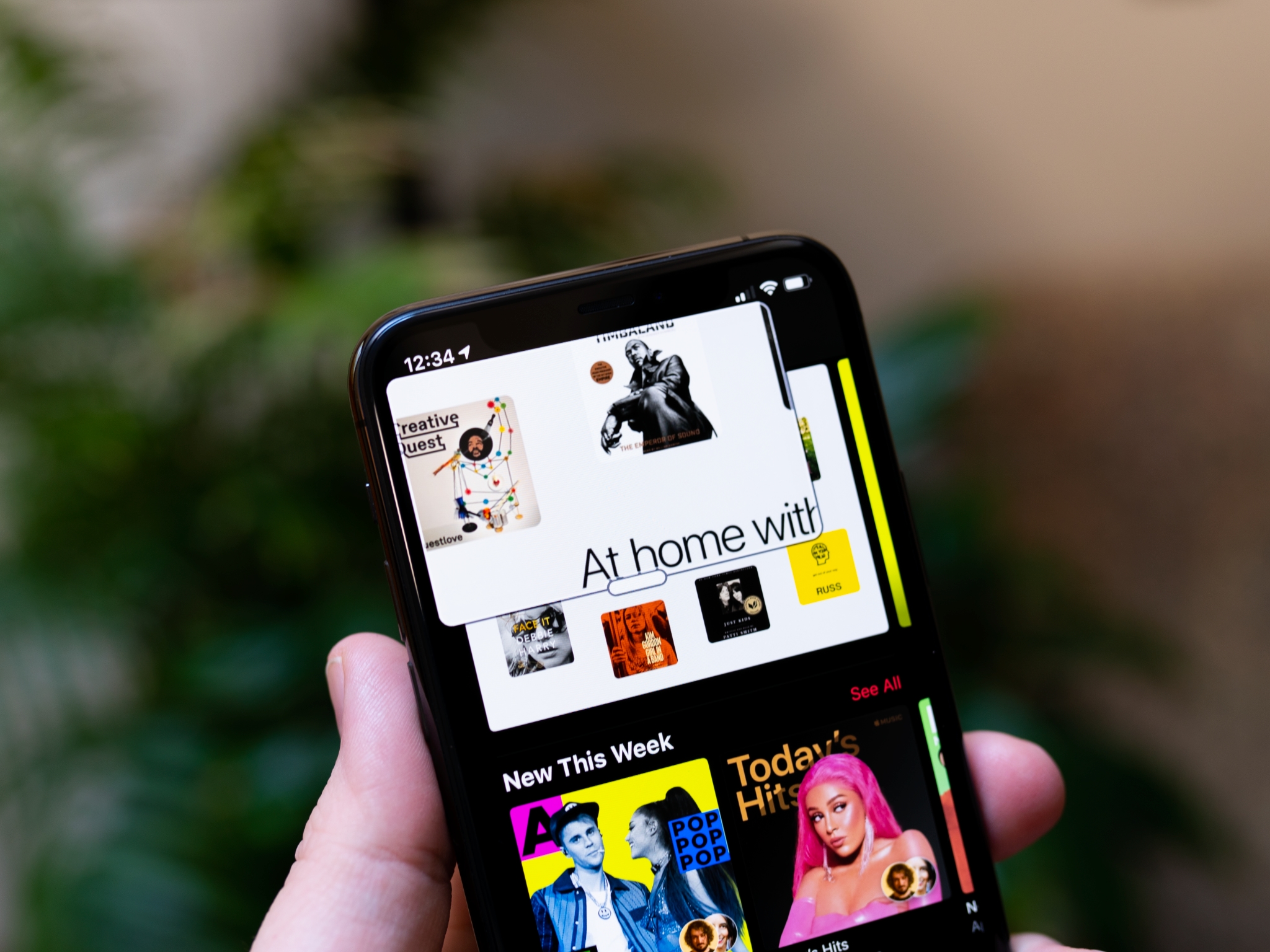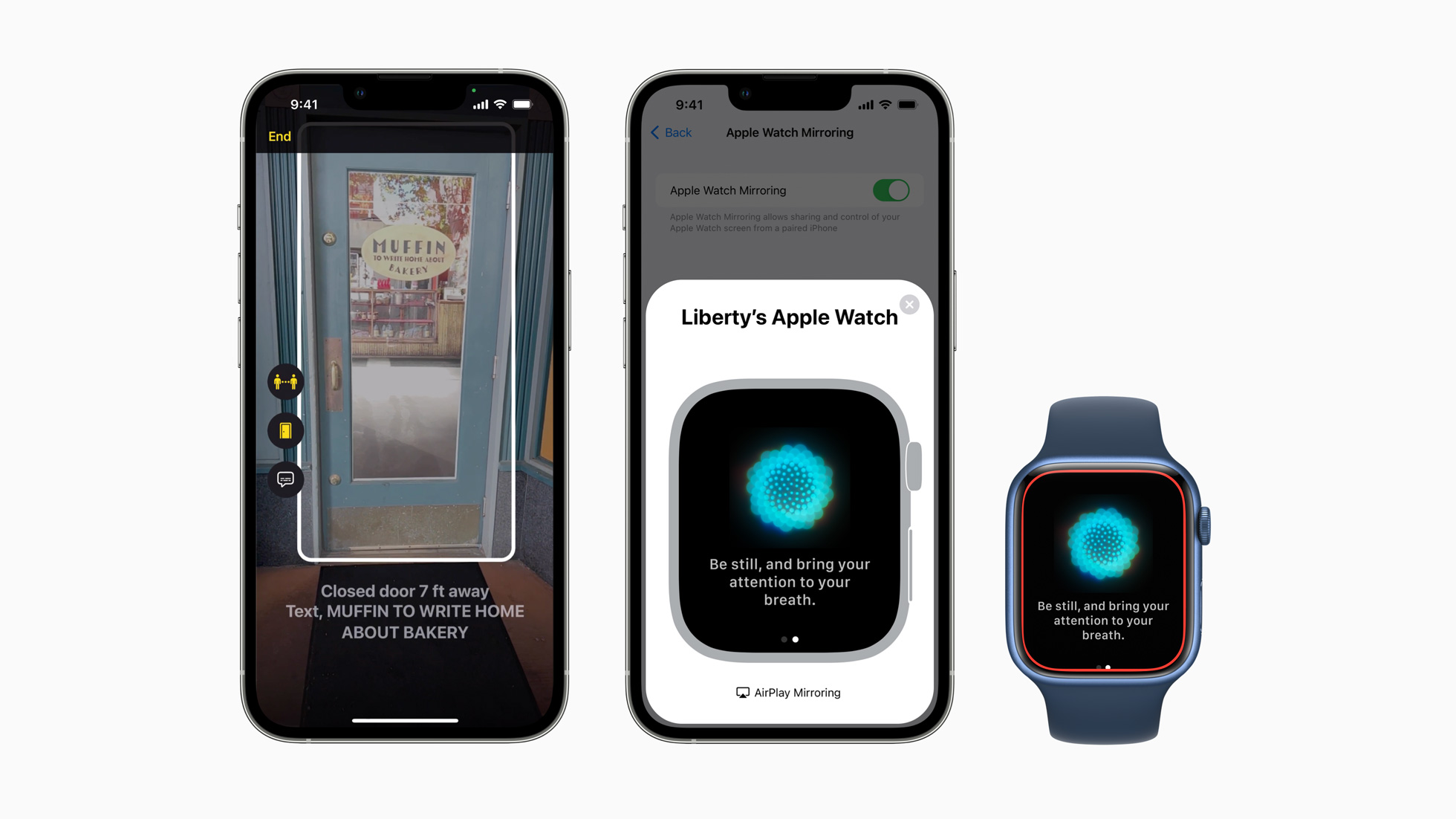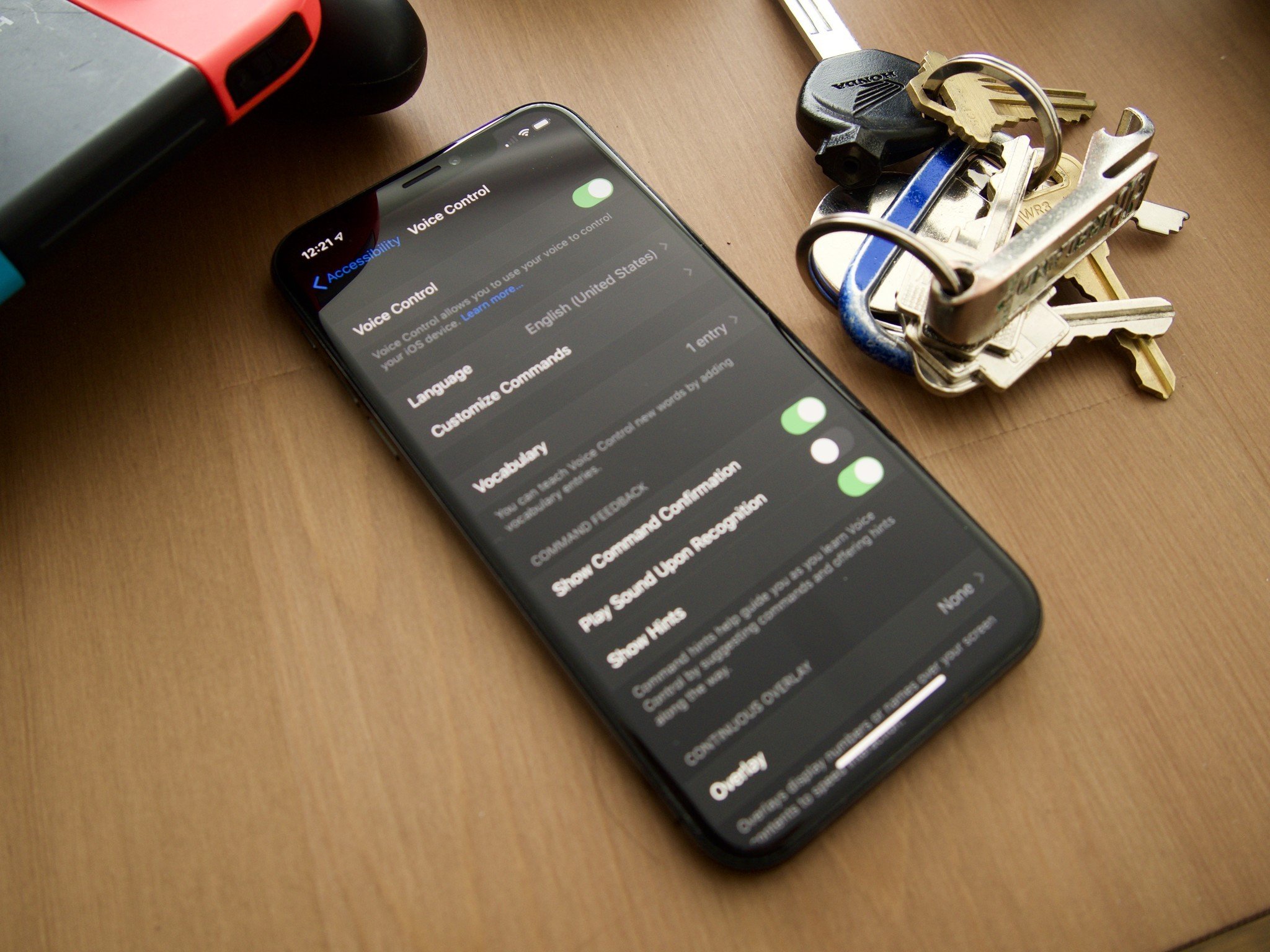Why you should care about Apple's new Accessibility features even if you don't need them

As someone without a disability, I rarely think about how I interact with my technology. Whether I'm writing an article on my Mac, checking social media on my iPhone, or starting my favorite workout on my Apple Watch, I do it without a thought. Unfortunately, not everyone has that privilege, and many people rely on Accessibility features to use their devices.
Apple has had a pretty decent track record when it comes to releasing new Accessibility features, and they continued their streak this year. If you are someone without a disability, it may be easy to skip over this news, but I would encourage you to see the bigger picture and realize why you should care about these features even if you don't need them.
New Accessibility features are coming

Earlier this week, Apple announced upcoming Accessibility features that will launch sometime this year — no specific date was given.
The highlights? Door Detection will allow those blind or have low vision to use their iPhone and iPad to navigate the last few feet to their destination. Voice Control and Switch Control for users with physical and motor disabilities so they can fully control Apple Watch from their mobile devices via a new feature called Apple Watch Mirroring. Plus, Live Captions for the Deaf and hearing community for iPhone, iPad, and Mac.
As you can see, it's not just one feature or one update to an existing feature, but several new features that Apple is working to bring to the masses that will undoubtedly help lots of people use their technology. And isn't the best iPhone the iPhone that helps as many people as possible navigate their daily lives.
Why you should care

The best part about Apple continuing to increase the number of Accessibility tools on its devices is that it will benefit everyone. You might think that you will never need these features, but you never know when you might be in a challenging situation. We're all human and can break bones, get sick, or have many other circumstances that can change our lives forever.
When technology becomes more accessible, everyone wins
I experienced this firsthand a few years ago when I broke my finger and needed surgery. Suddenly, I could text on my iPhone very quickly, and typing on a keyboard for my Mac was even harder. I ended up using Voice Control heavily for about six weeks while I underwent surgery and physical rehab for my finger. This was a very mild injury, but it still challenged me in my everyday life. And you know the best part? I still use Voice Control to help me in my job today. For example, it's beneficial when I'm writing tutorials on how to use features on the iPhone because it allows me to interact with my iPhone without using my hands. This means I can go through all the steps and take the screenshots I need without taking my hands off my Mac keyboard.
Now, I am by no means saying that because I broke my finger once, I suddenly know what it's like to live with a disability. Still, it did open my eyes to the importance of Accessibility features in the devices I use every day.
We are increasingly dependent on the technology in our pockets and at our fingertips as a society. Everyone should take an interest in seeing that technology can be used by everyone, no matter what. When technology becomes more accessible, everyone wins.
Global Accessibility Awareness Day is tomorrow
May 19, 2022 (that's tomorrow) is the 11th Global Accessibility Awareness Day (GAAD), which is meant to get everyone talking, thinking, and learning about Accessibility.
If you want to hear more about what Apple's newly announced features could mean for disabled people, I highly recommend reading Stephen Aquino's piece on Forbes. Stephen is freelance tech reporter covering Accessibility and assistive tech, and has written for iMore plenty of times in the past.
Master your iPhone in minutes
iMore offers spot-on advice and guidance from our team of experts, with decades of Apple device experience to lean on. Learn more with iMore!

Luke Filipowicz has been a writer at iMore, covering Apple for nearly a decade now. He writes a lot about Apple Watch and iPad but covers the iPhone and Mac as well. He often describes himself as an "Apple user on a budget" and firmly believes that great technology can be affordable if you know where to look. Luke also heads up the iMore Show — a weekly podcast focusing on Apple news, rumors, and products but likes to have some fun along the way.
Luke knows he spends more time on Twitter than he probably should, so feel free to follow him or give him a shout on social media @LukeFilipowicz.
